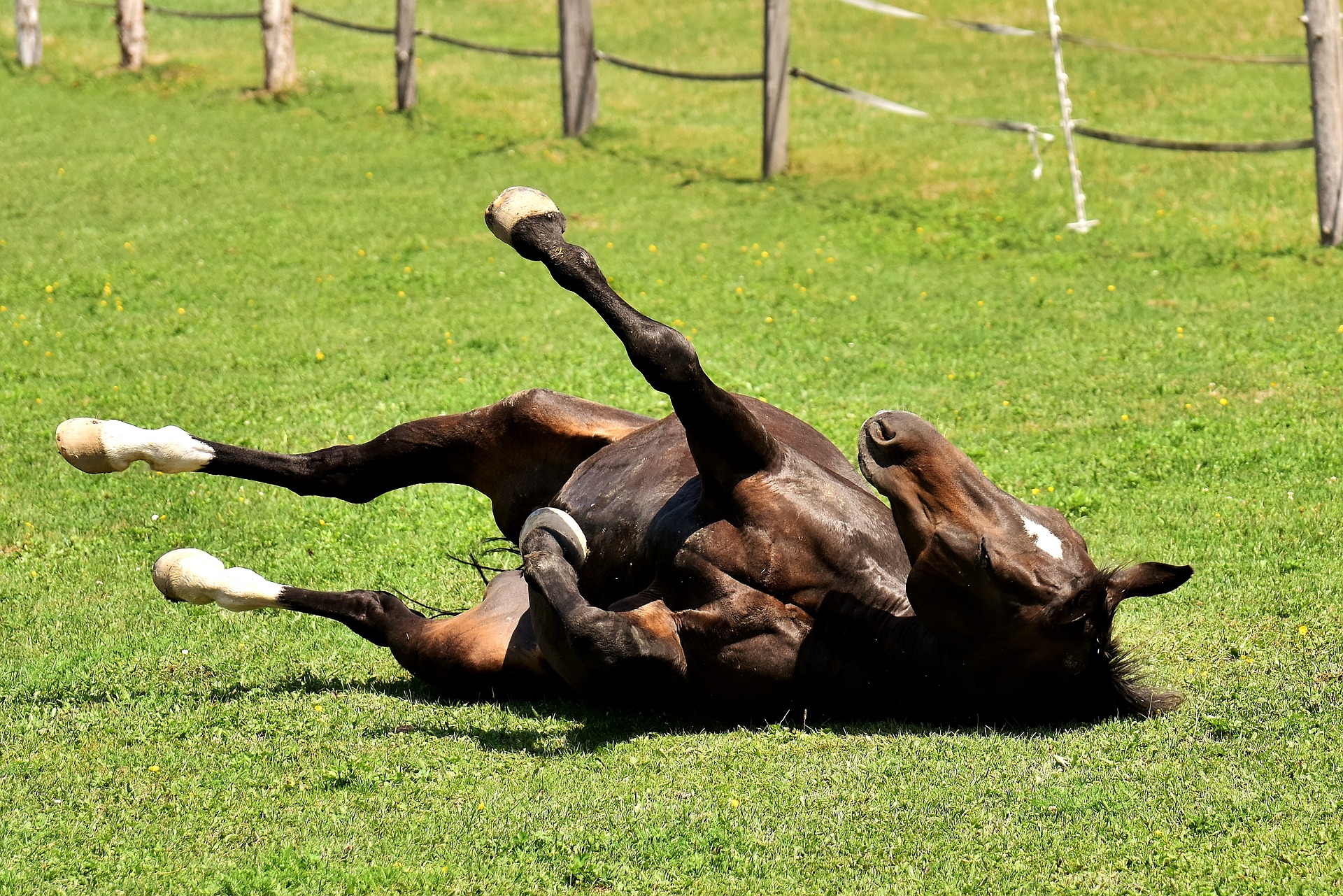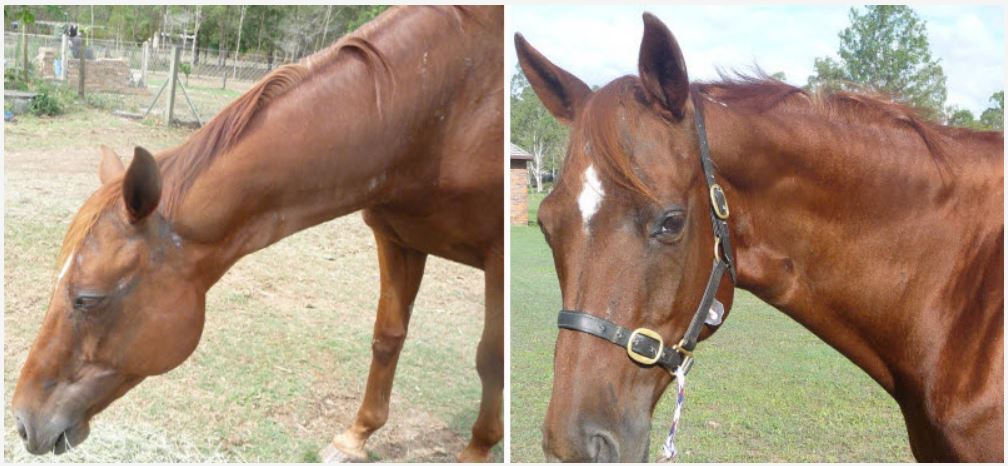Published 31st October 2016

The equine immune system is there to protect your horse from any illness or infection that comes their way, via both prevention and cure. There are many different layers to the immune system with various types of cells playing important roles.
Find out more about EquiFeast's immune support supplement
Firstly the immune system should aim to prevent germs and allergens from entering the body. When looking along these lines it is apparent that skin, mucus and hair will all play a role in the immune system of your horse. Any damage to the skin and hair, or issues in mucus production can lead to issues with your horses health.
If a germ does manage to make it past the first line of defense then the next stage is the body relying on its internal system made up of the white blood cells, as well as, supporting tissues and systems, to prevent the infection from multiplying. Once it has been contained it is then up to the same components of the immune system to neutralise the threat and expel the invader from the body.
For the majority of individuals this is a system which will work very effectively for the most of the duration of their life. However there are numerous factors which can hinder the effectiveness of the immune system, they are not necessarily mutually exclusive and the more common of which include:
- Prior infection – as you will probably know from your own experience, if you have already ‘caught’ something, then you have another illness/injury on top of that, then sometimes you can end up feeling run down for a very long time. This is most likely due to the ’strength’ of your immune system being reduced by the first issue and then not being prepared for the second issue.
- Stress – there are numerous studies and anecdotal stories of people suffering from having a lowered/weakened immune system when suffering from various forms of stress. It is not unreasonable to assume that for horses there will be comparable experiences and there have even been some studies which indicate that this is probably the case.
- Poor nutrition – If your horse is not receiving all the nutrients they require to produce healthy functioning white blood cells (the immune system's Rapid Reaction Force) their immune system cannot respond adequately to an attack. This in turn increases the chances that there will be physical symptoms.
With the above 3 examples in mind, what can be done in order to keep your horses immune system as healthy as possible?
Firstly, have a good base diet, something high in fibre which allows your horse to have a continuous flow of food through their digestive tract, is the best starting point. Horses that do not have a consistent flow of feed through their gut are far more susceptible to acidic gut issues and therefore an increased level of stress, which could most likely be easily avoided.
Find out more about EquiFeast's immune support supplement
Secondly, provide all of the building blocks required for the production of cells for the immune system. This can be done very easily by adding in an immune system support supplement, such as Fightback.

Please CLICK HERE for more information on EquiFeast's immune support product Fightback.
Related articles:
How can you tell if your horse has a low immune system?
![]() Readers in the UK - please click here for more information
Readers in the UK - please click here for more information
![]() Readers in Australia - please click here for more information
Readers in Australia - please click here for more information

